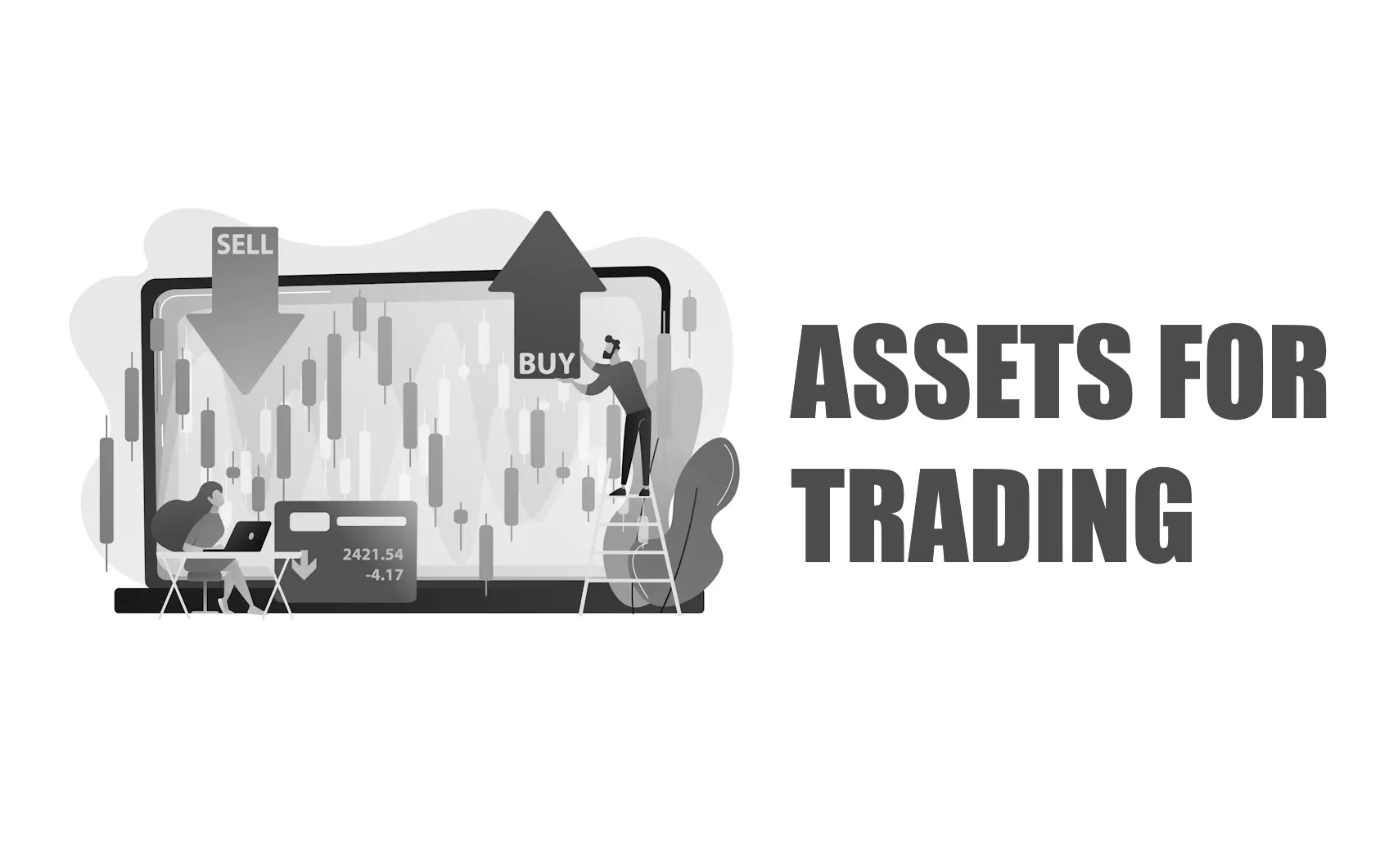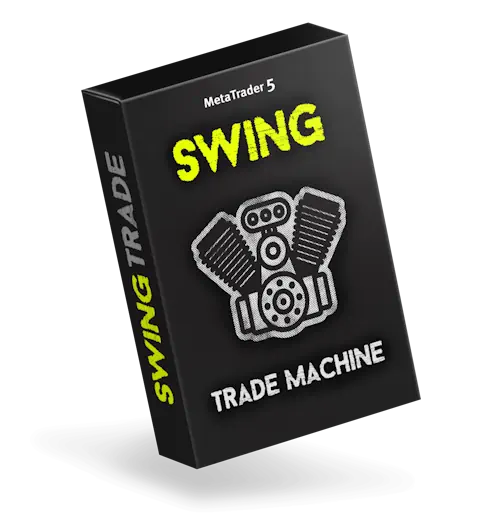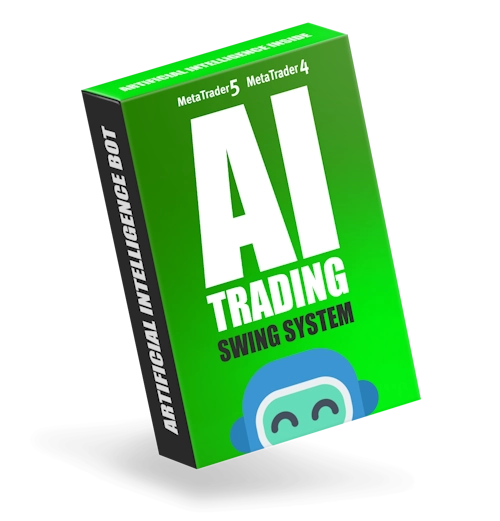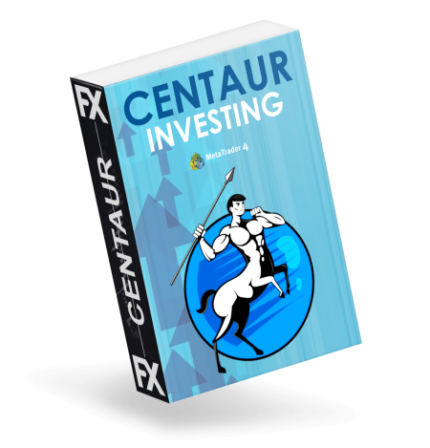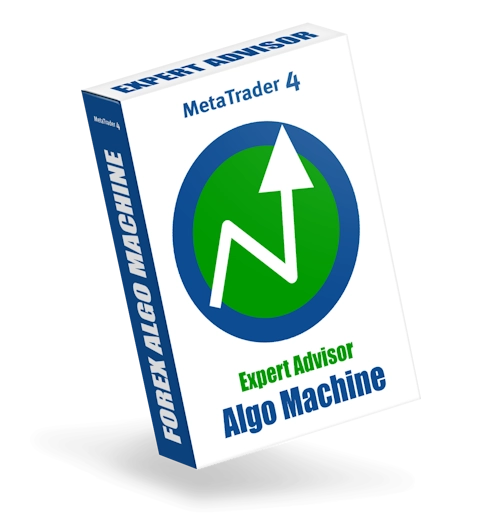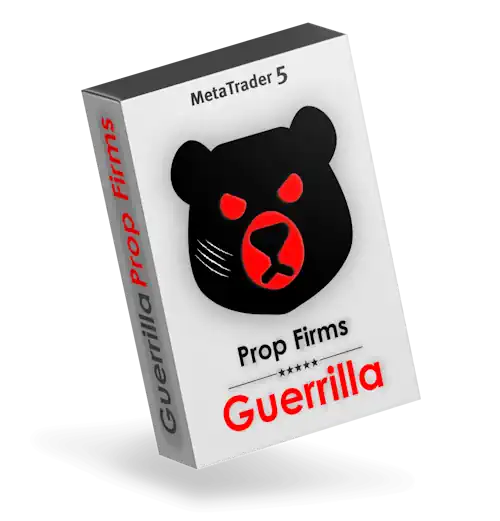Forex, short for foreign exchange, stands as the world's largest financial market with a staggering daily trading volume exceeding $6 trillion. This decentralized market not only enables trading of diverse currency pairs but also offers a platform for a variety of other financial instruments. In this blog post, we'll dive into the vibrant world of Forex, exploring the extensive range of trading options it provides.
What Can You Trade in Forex?
Here’s a detailed look at what traders can engage with in Forex:
- Forex Pairs The primary trading focus in Forex is on currency pairs, where one currency is bought while another is simultaneously sold. Major pairs like EUR/USD, GBP/USD, and USD/JPY are favored for their high liquidity and tight spreads, making them popular choices worldwide.
- Commodities Forex isn't limited to currency trading; it also includes commodities trading. Here, traders buy and sell contracts for commodities like gold, silver, oil, and natural gas. This not only allows traders to capitalize on price fluctuations but also aids in portfolio diversification.
The Best Prop Firm passed software are here:
- Indices Indices such as the S&P 500, Dow Jones Industrial Average, and FTSE 100 are also tradable in the Forex market. These indices reflect the performance of a specific group of stocks, offering traders a way to gauge and invest in overall market trends without owning individual stocks.
- Stocks Although traditionally associated with stock exchanges, stocks, or equities, are also traded in Forex through derivatives like CFDs (Contracts for Difference). This provides ownership stakes in companies and potential returns through price appreciation and dividends.
- Cryptocurrencies With the advent of digital currencies, cryptocurrencies like Bitcoin, Ethereum, and Litecoin have also made their way into Forex trading. Traders can exchange these digital currencies against fiat currencies, leveraging Forex market volatility to potentially enhance returns.
Pass any Evaluation easily!
New Arrivals
Swing Trading EA
Essential Forex Terminology Understanding key Forex terminology is crucial for navigating the market effectively:
- Currency Pair: The quotation of one currency against another.
- Pip: Stands for "percentage in point," representing the smallest price move that a currency pair can make.
- Bid-Ask Spread: The difference between the highest price that buyers are willing to pay and the lowest price that sellers will accept.
- Lot: A standardized unit of currency, typically 100,000 units of the base currency.
- Leverage: Allows traders to control large positions with a relatively small amount of capital.
- Margin: The deposit required to open and maintain a leveraged position, serving as collateral for the leverage provided.
Conclusion
The Forex market offers a diverse array of instruments, extending beyond traditional currency pairs to include commodities, indices, stocks, and cryptocurrencies. This variety provides ample opportunities for traders to diversify their portfolios and explore different avenues for profit. However, as with all trading, Forex comes with risks, and it is crucial to approach it with a disciplined mindset, employing effective risk management and continuous learning. By staying informed and adapting to market changes, traders can navigate Forex successfully and tap into the potential of the world’s largest financial market.
In summary, Forex trading is not just about currencies; it's a gateway to a broader spectrum of financial instruments, each offering unique opportunities and challenges. With the right knowledge and strategies, traders can leverage these opportunities for significant gains.

